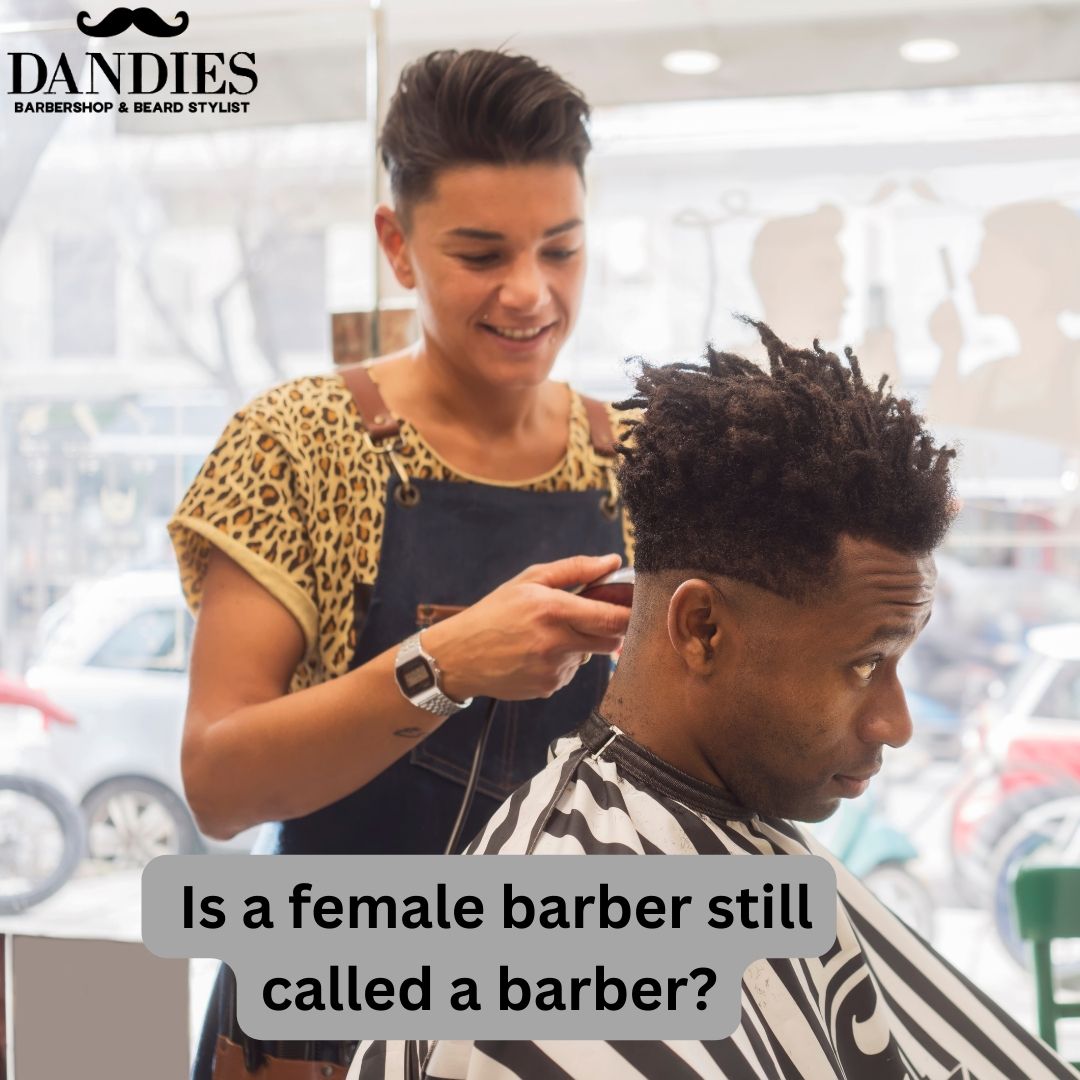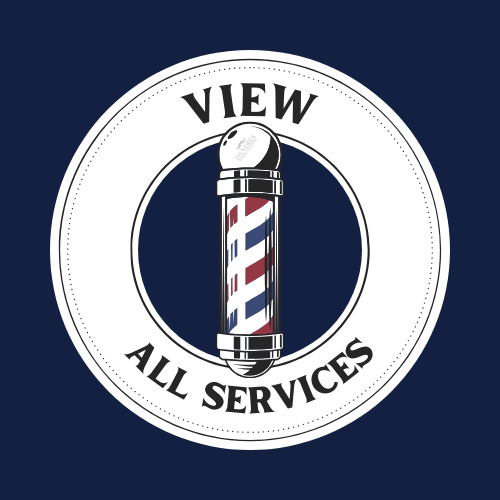Is a female barber still called a barber?
19 February | By Sheeza

In the realm of grooming and hairstyling, the title "barber" has long been associated with skilled practitioners who specialize in cutting and styling hair, particularly for men. However, with the evolving landscape of gender roles and professions, a pertinent question arises: Is a female barber still called a barber? In this blog, we'll explore the changing dynamics of the barbering profession and examine the terminology associated with female practitioners in this field.
Redefining Tradition:
Traditionally, the term "barber" has been used to refer to individuals, typically men, who specialize in men's grooming services such as haircuts, beard trims, and shaves. Historically, the profession of barbering was male-dominated, with men comprising the majority of practitioners. However, as societal norms evolve and barriers are broken down, women have increasingly entered the field of barbering, challenging traditional gender roles and perceptions.
The Rise of Female Barbers:
In recent years, there has been a notable rise in the number of female barbers, also known as "barberettes" or "lady barbers." These skilled practitioners bring their unique talents, perspectives, and creativity to the craft of barbering, offering services tailored to clients of all genders. Whether it's a classic clipper cut, a precision beard trim, or a modern hairstyle, female barbers demonstrate expertise and professionalism in their work.
Terminology and Identity:
Despite the increasing presence of female practitioners in the barbering profession, the terminology associated with the title "barber" remains largely unchanged. Female barbers are still commonly referred to as "barbers," reflecting the gender-neutral nature of the term. While some may use alternative terms such as "barberette" or "lady barber" to denote gender, many female barbers embrace the title of "barber" as a testament to their skills and expertise in the field.
Breaking Stereotypes:
The presence of female barbers in a traditionally male-dominated profession challenges stereotypes and expands perceptions of who can excel in the field of grooming and hairstyling. By demonstrating proficiency, creativity, and professionalism, female barbers inspire others and pave the way for greater inclusivity and diversity within the industry.
Celebrating Diversity:
In today's diverse and inclusive society, the barbering profession welcomes practitioners of all genders, backgrounds, and identities. Whether male or female, barbers share a common passion for their craft and a commitment to providing exceptional service to their clients. Embracing diversity and celebrating the talents of all practitioners enriches the barbering community and enhances the client experience.
In conclusion, while the title "barber" traditionally evokes images of male practitioners, the increasing presence of female barbers challenges stereotypes and expands the boundaries of the profession. Whether male or female, barbers share a dedication to their craft and a commitment to excellence in grooming and hairstyling. So, the next time you visit a barbershop, remember that skill, expertise, and professionalism know no gender—and a female barber is just as capable of delivering an exceptional haircut or shave as her male counterpart.


